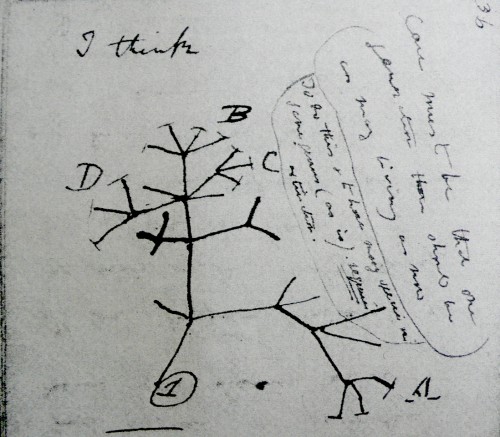RationalWiki has an expanded front-page feature on Kent Hovind, and it’s pretty thorough — I learned a few new things. I hadn’t known that he claims to have four doctorates, and it has a good breakdown of several examples of his bad math. However…
Does it feature any apocalyptic imagery? No.
How many times does it mention Hitler? Only once.
Does it have a doom-laden industrial soundtrack? Nope.
Sorry, RationalWiki, but you are hampered by that “rational” thing. When you’re talking about Kent Hovind, you need to bring the gold-plated stupid to the fore. Kent knows this. Kent knows how best to summarize his life: with lies and screeching and threats of imminent destruction.
Like in his trailer for a possible “documentary” that Creation Science Evangelism is making (warning: grisly scenes of death and corpses, and truly over-the-top Godwining).
That is so metal.
I notice, though, that for all of his Hitler-howling, most of the trailer is somehow about how he was an innocent man thrown into prison for blamelessly preaching the Gospel, rather than mentioning that he was really imprisoned for blatant tax evasion. C’mon, Kent, own your badassery: you were arrested for defying those Satanic tax accountants. You can’t simultaneously claim to be be a brave rebel while hiding behind claims of pious innocence.
Also, the title needs work: An Atheist’s Worse Nightmare
? Seriously, Kent, comparing yourself to a banana is so wimpy.
I do feel a lot of sympathy for the RationalWiki crew, though. Imagine if this Hovind “documentary” ever actually happens — the fact-checking will be exhausting. It’s going to be measured in errors/second, or lies/second.




